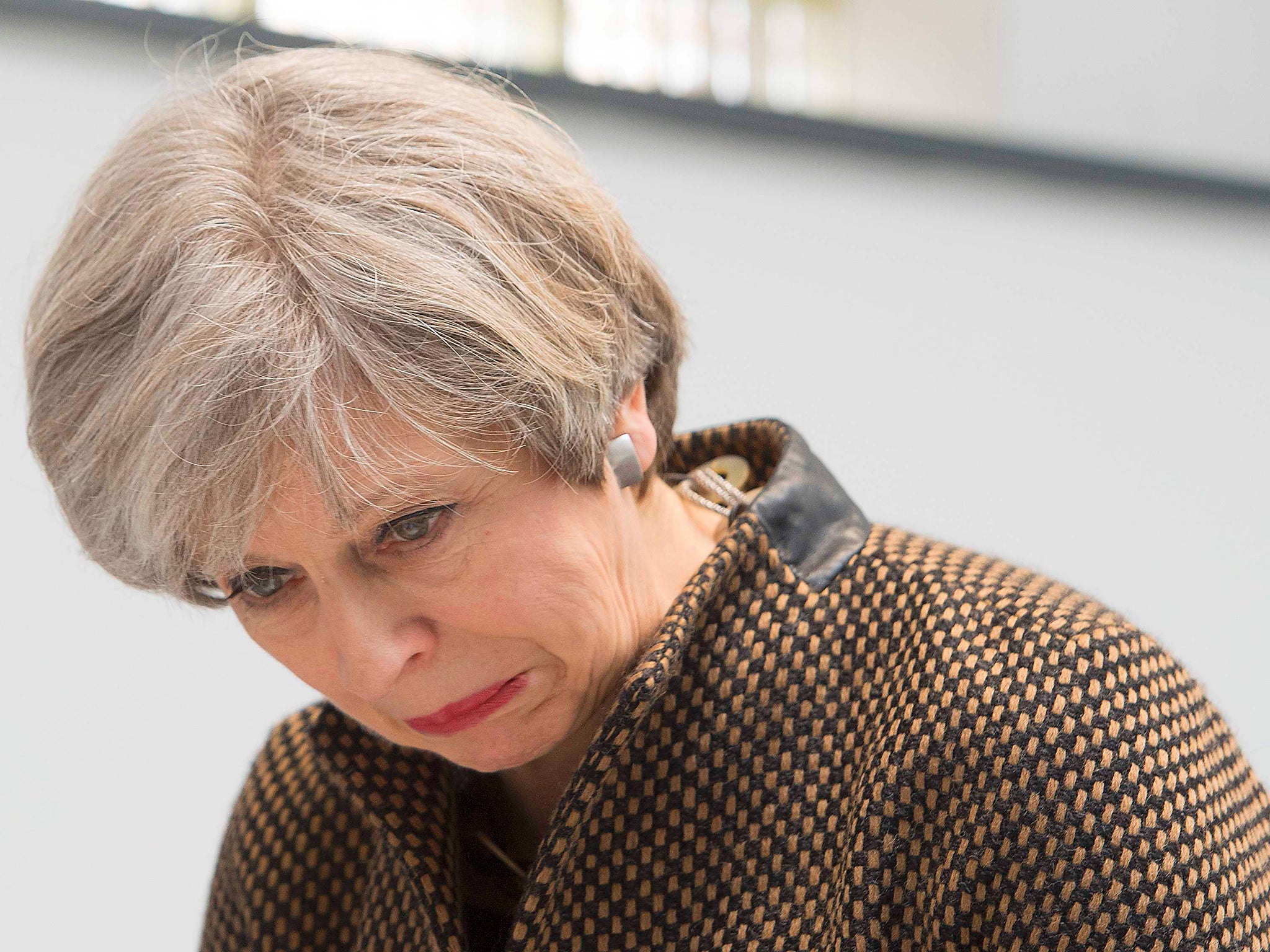I warned Theresa May about her destructive approach to immigration when she was Home Secretary – Brexit has proved that she didn't listen
A tough stance on immigration might work politically in the short term, but a government will never prosper long term if the Home Office is allowed to triumph over the Treasury


For a party that once delighted in the self-awarded title “party of economic competence” it is striking how almost comedically incompetent the Conservatives have become. One of the last surviving elements of seriousness is just how profoundly damaging their hard Brexit agenda is to the British economy.
The latest example is the determination of the Home Office, under the camouflage of Brexit, to clamp down on foreign students. Senior university sources estimate that 130,000 students will be hit. A new study puts the cost at an eye watering £26bn. This is a lot more than the estimate my officials arrived at when I was in government, factoring in the lost value of visitors and the 206,000 jobs that depend on their spending. But whatever final number you settle on – and it will be a big one – the arguments are remarkably familiar.
Then, I was constantly making the case on behalf of universities to allow in foreign students, whose presence here confirmed the transformation of our higher education institutions to being regarded as among the finest in the world. It became a virtuous circle, with British business thriving in clusters around universities. Many foreign students stayed and became successful entrepreneurs, creating wealth and jobs for British people.
But then, as now, Theresa May as Home Secretary didn’t seem interested. We showed her the evidence, proving the value of foreign students to the UK economy, and she didn’t dispute any of it. Rather her response was, in spirit, “so what?” Her whole argument was “we are not interested in the economics, we just want to get the immigration figures down”.
Due to Liberal Democrats – with help from thoughtful Conservatives such as David Willetts – we managed to block quotas on foreign students. But May did insist on tougher rules, which did dent demand.
I didn’t realise it at the time, but I now realise that I was being granted a gruesome preview of the May approach to Brexit: hang the single market, she has effectively declared, I want the very hardest Brexit so I can look tough on immigration. It might work politically in the short term, but a government will never prosper long term if the Home Office is allowed to triumph over the Treasury.
If you don’t create wealth, you cannot ultimately do any of the good things that improve society – and, incidentally, win votes. The NHS faces a funding crisis (the Liberal Democrats have called for a £4bn emergency injection in the budget) while schools are braced for budgets last seen 20 years ago: such is the price of Brexit, estimated even by the Chancellor at £60bn to public finances.

Britain has built up a global reputation (and trade) in education, be it universities, research or private schools. For a post-industrial country still searching for an economic role, education has become a key plank of our economy. One of the largest economies in the world – though smaller relatively than it was prior to the referendum – cannot prosper on financial services alone. Our reputation as a global leader in education relies on openness, but for all the rather trite slogans from May (“Britain is open for business”) the reality is the Government is slamming shut the door on our universities, and on many foreign students who will become opinion formers and leading business figures. Just as passporting rights are vital for the City, so the freedom to attract “customers” has become a valued part of university income.
But whatever the economics, I am concerned for deeper reasons. A key factor in Britain becoming such a global magnet for talent has been our open, tolerant and united society, as the Liberal Democrats have argued. Our universities are key to that. But moving forward the danger is that Britain will start to look a little unfriendly, unwelcoming, perhaps even a little snarling. One survey claimed that a third of international students said that they were less likely to come to the UK because of the referendum result. And that is not even taking the impact on EU students into account.
This is not the Britain I recognise, and not one that I, ultimately, believe the British people want either.
This is expressly the choice of Theresa May, who appears to be choosing authoritarianism over freedom, narrow-mindedness over open-heartedness, and short-sightedness over the long-term interests of the British economy. An economy that will need to flourish in a globalised world.
Reducing immigration comes at a cost – and it is shaping up to be a very substantial cost indeed.
Vince Cable is the Liberal Democrat former Secretary of State for Business, Innovation and Skills
Join our commenting forum
Join thought-provoking conversations, follow other Independent readers and see their replies
Comments
Bookmark popover
Removed from bookmarks